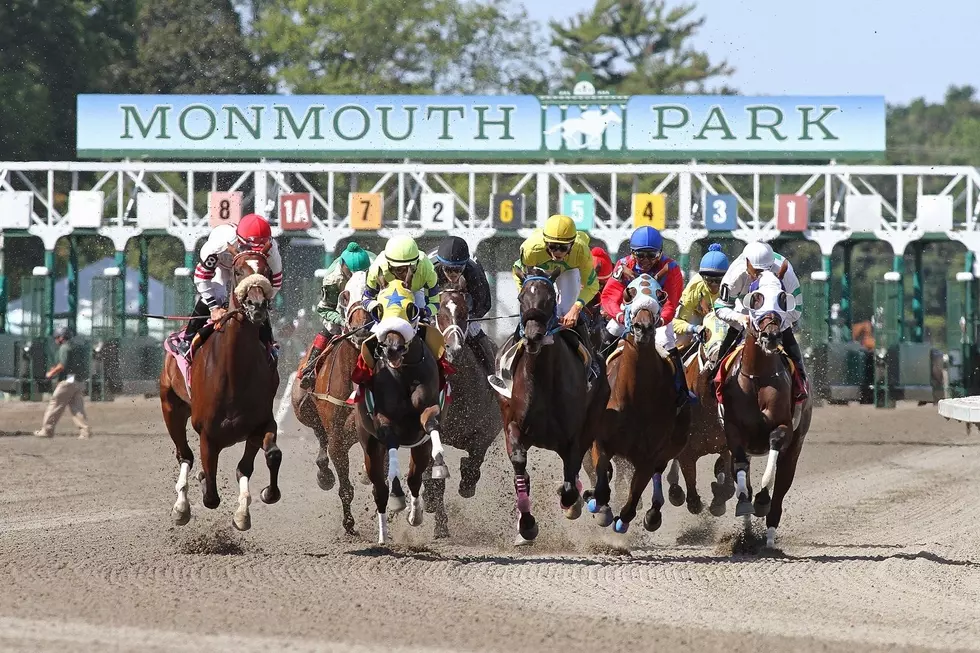
The Latest Plan to Save Horse Racing in New Jersey
TRENTON – The latest plan to save horse racing in New Jersey is on Gov. Phil Murphy’s desk awaiting action: change the way people wager so it feels more like sports betting.
Since the 1930s, horse bets have relied on pari-mutuel wagering – in which the odds and payoffs are determined after the entire pool of bets is collected. A bet placed when a horse appears to have 5:1 odds could shrink to 2:1 by race time.
A bill unanimously approved by lawmakers last month would introduce fixed-odds wagering – in which odds are locked in when a person buys their ticket. Both types of wagers would be offered.
Dennis Drazin, chairman and chief executive officer of Monmouth Park, whose track already hired a company to manage the new system in anticipation of its approval, said it will expand horse racing beyond its limited audience.

“In the sports betting world, in the iGaming world, you have 20 times the amount of eyes that are looking to make wagers than we currently have with our pool in the racing industry,” said Drazin, who substantially wrote the bill approved by the Legislature.
Lobbyist Bill Pascrell III, who represents Monmouth Park and BetMakers, the Australian technology company that will manage that track’s fixed-odds wagering, said the current pari-mutuel system is antiquated and doesn’t appeal to younger bettors.
“If we don’t do fixed odds, within the next 10 years and perhaps even sooner, the horse racing industry is going to die on the vine,” Pascrell said.
Pascrell said North Carolina, Oregon, Ohio, Colorado and Oklahoma are working on fixed-odds horse betting – but that New Jersey should try to be first.
Assemblyman Ron Dancer, R-Ocean, said the new approach can help revive the horse racing industry.
“We’ve seen models in other nations like Australia where it’s been very successful,” Dancer said.
The bill took two years to develop and was amended to the very end, with Chris McErlean, president of Freehold Raceway, and others worried about how revenues are split.
“Make it successful for everyone and every stakeholder in the industry, not just one group, one breed or one vendor,” McErlean said.
The final set of amendments that helped get the bill through the Legislature clarified that all the money from fixed-odds wagering on in-state thoroughbred races will go to thoroughbred overnight purses and money from wagers on in-state standardbred races will go toward standardbred purses.
The same will be true for fixed-odds bets on out-of-state races handled by Monmouth Park and online casinos. But it will be different at the Meadowlands Racetrack and Freehold Raceway, at which 65% of fixed-odds revenues will go toward thoroughbred races and 35% toward standardbred races.
The late changes didn’t address concerns from horse breeders, whose share of revenues from fixed-odds wagering will be half of the share from pari-mutuel wagers.
“They understand it could grow the industry, but then they don’t see how that growth gets translated back to the horsemen themselves and the people they need to pay to keep the industry up and running,” said Ed Wengryn, research associate for the New Jersey Farm Bureau.
Drazin said they will still do well as the amount wagered will increase – and that under the new approach, tracks assume more risk and therefore deserve a bigger share.
50 Most Popular Chain Restaurants in America
Most Expensive Home For Sale in Burlington County
More From WPG Talk Radio 95.5 FM










